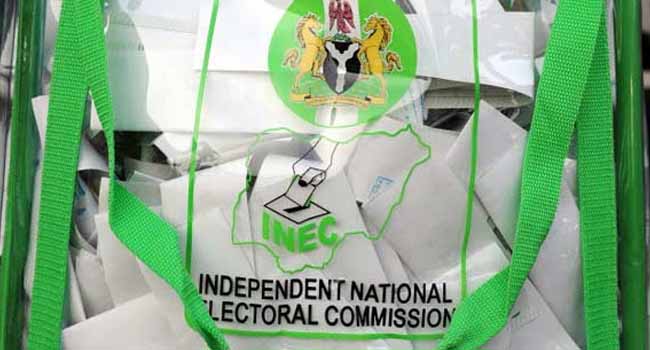The Independent National Electoral Commission (INEC) has completely laid to rest the impression that the glitch in the real-time upload of the 2023 presidential results into the INEC Result Viewing (IReV) portal did not affect the credibility of last year’s election.
INEC, however, graciously admitted that its failure to upload polling unit results of the presidential election to iReV impacted on the public perception of the election.
The commission made the disclosure in the 526-page report published on the 2023 general election it released on Friday.
The report read: “A key challenge that impacted on the public perception of the election and elicited widespread commentary is the failure to upload Polling Unit results of the presidential election to the INEC Result Viewing (iReV) portal in real-time at the close of polls on Saturday 25th February 2023.”
Though the commission insisted that IReV portal was one of the most significant innovations introduced prior to the 2023 general election to promote the integrity and transparency of the electoral process, it stressed that the glitches didn’t affect the result.
The commission’s report insisted that the operational methodology and concept behind the uploading of results to the IReV for public viewing is quite simple, adding that at the end of polls, Polling Unit results (Form EC8As) are scanned and uploaded to the IReV by the Presiding Officer(s).
Explaining further, the report noted: “The challenge of uploading the PU presidential election results on the IReV after the presidential and National Assembly elections on 25th February 2023 was unique. As voting ended across the country and POs began the process of uploading the images of the PU result sheets of the elections for the various constituencies around 4:00pm, the commission began to receive reports that attempts to upload presidential election result sheets was failing.
“Following these reports, the commission immediately engaged with its field officials for details in order to understand, and trace the origin, source, scale and magnitude of the problem across the result management ecosystem to devise appropriate solutions.
“In the troubleshooting process, it was established that there was no issue in uploading the PU result sheets of the Senate and House of Representatives elections through the Election Result Modules.
“However, there was a problem with uploading the presidential election results to the system. Attempts to upload the results were generating internal server errors, which refer to a significant impairment that usually originates from within an application due to problems relating to configuration, permissions, or failure to create or access application resources correctly.”
It noted that further interrogation of the Election Result Modules indicated that; “the system is encountering an unexpected configuration problem in mapping the presidential election results uploaded into the system to the participating Polling Units.”
“Due to the complex, sensitive and critical nature of the systems and the real potential for malicious cyberattacks, the commission immediately put in place several strict security and audit control measures to prevent any unfettered or elevated access to the Result Upload System.
“However, the glitch in the upload of the presidential results sheets to IReV did not affect the credibility of the election. Agents of political parties and security agents were given copies of polling station results after they were announced in public.
“The results were also displayed at polling units for scrutiny by voters. So when they were eventually uploaded, it was easy to compare them with the copies displayed at polling centres and given to party agents and party officials,” the commission’s report insisted.



